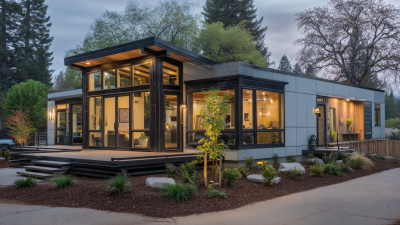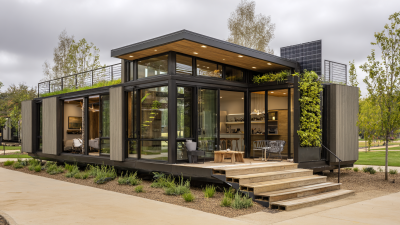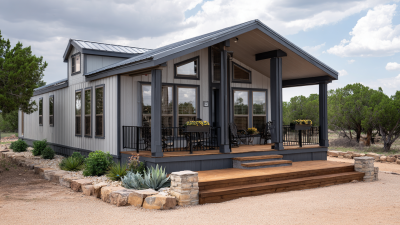10 Essential Tips for Choosing the Best Modular Built Homes
When it comes to finding the perfect living solution, modular built homes have emerged as a popular and innovative option for many prospective homeowners. Offering a blend of quality construction, design flexibility, and cost-effectiveness, these homes have transformed the way we think about residential building. However, navigating the process of choosing the right modular built home can be daunting. With numerous factors to consider, from design preferences to budget constraints, it is essential to approach the selection process with careful consideration and research.
In this article, we aim to equip you with ten essential tips to simplify your decision-making process when it comes to modular built homes. Whether you are a first-time buyer or looking to invest in a secondary property, understanding the ins and outs of modular construction will empower you to make informed choices. From evaluating builders and materials to assessing site requirements and financing options, we will provide you with valuable insights that will help ensure your modular home not only meets your needs but also enhances your lifestyle. Let’s explore how to effectively navigate the exciting journey of selecting your perfect modular built home.
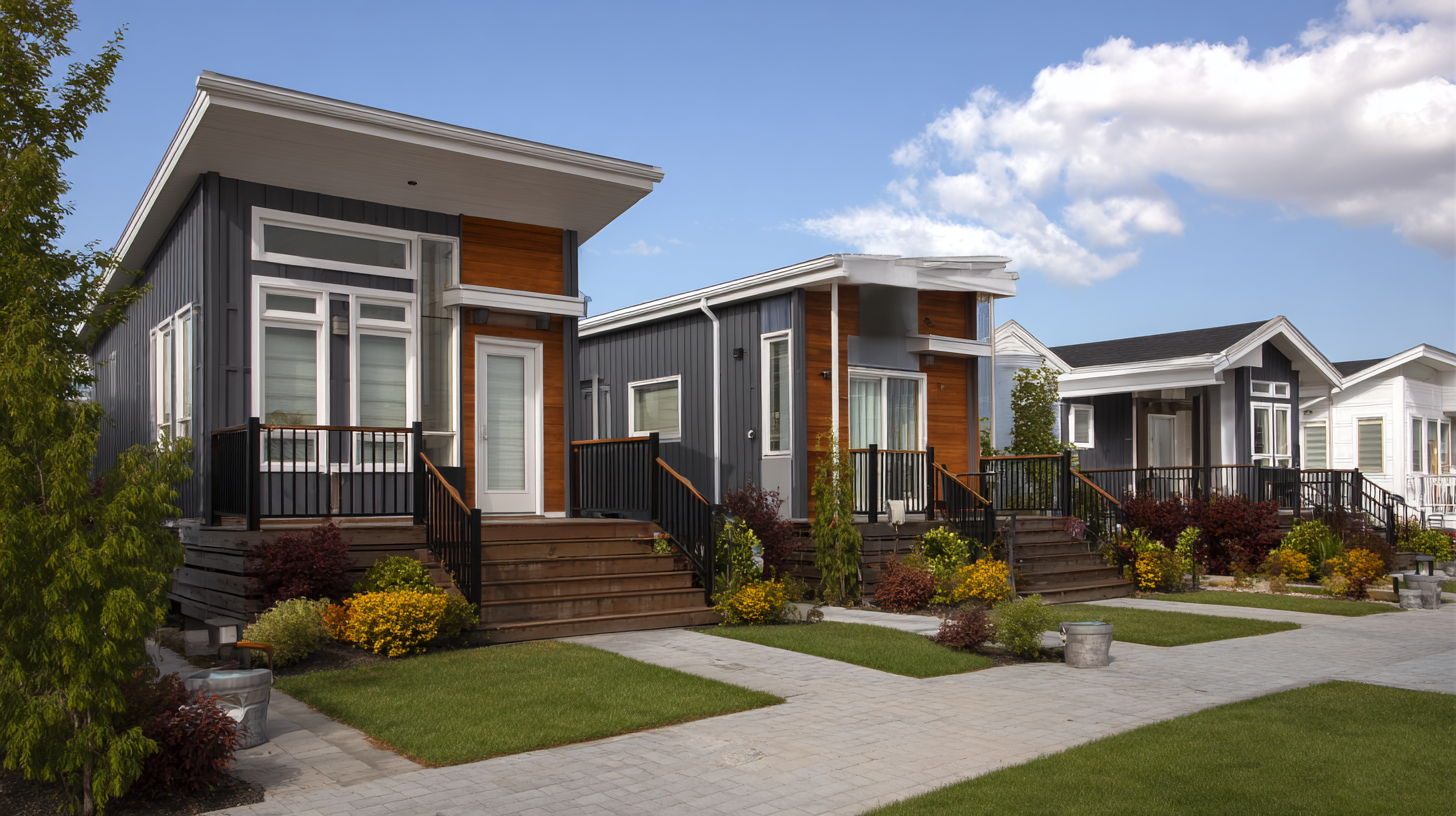
Understanding Your Modular Home Needs: Key Considerations
When considering a modular home, it's essential to clearly understand your specific needs. Begin by evaluating the size and layout that will best accommodate your lifestyle. Think about the number of bedrooms and bathrooms necessary for your family, as well as any additional spaces such as a home office or recreational area. Your budget will also play a critical role in determining the size and customization options available to you. Keep in mind that the interior layout should reflect your daily routine, as this will enhance your living experience in the long run.
Another vital aspect to consider is the location of your modular home. Investigate local zoning regulations and land availability to ensure you're making an informed decision. Factors such as proximity to schools, workplaces, and amenities can greatly impact your quality of life. Additionally, consider the long-term advantages of energy efficiency and sustainability in your modular home. Selecting high-quality materials and technologies can lead to lower utility costs and a reduced environmental footprint, ultimately benefiting both your wallet and the planet.
10 Essential Tips for Choosing the Best Modular Built Homes - Understanding Your Modular Home Needs: Key Considerations
| Tip Number | Consideration | Details |
|---|---|---|
| 1 | Budget | Determine total costs including land, construction, utilities, and permits. |
| 2 | Location | Choose a location that is suitable for your lifestyle and commutes. |
| 3 | Zoning Laws | Verify local zoning regulations to ensure modular homes are permitted. |
| 4 | Design Options | Explore different architectural styles and customization choices available. |
| 5 | Quality of Construction | Research materials used and construction practices adopted by manufacturers. |
| 6 | Energy Efficiency | Consider energy-efficient designs and potential utility savings. |
| 7 | Financing Options | Investigate mortgage options specifically available for modular homes. |
| 8 | Builder Reputation | Seek reviews and testimonials about the builder’s previous projects. |
| 9 | Warranty and Support | Check available warranties and after-sales support offered by the builder. |
| 10 | Future Expansion | Consider the potential for future expansions or modifications to your home. |
Evaluating Quality: Materials and Construction Standards in Modular Homes
When evaluating modular built homes, one of the most critical aspects to consider is the quality of materials used in construction. High-quality materials not only enhance the aesthetic appeal of a home but also ensure its longevity and durability. Look for homes that utilize energy-efficient insulation, durable roofing materials, and high-grade siding. These features contribute to better energy performance and lower maintenance costs over time.
Another vital factor is the construction standards adhered to during the building process. Modular homes should comply with local building codes and industry guidelines, which are crucial for safety and quality assurance. Checking for certifications from recognized organizations can provide peace of mind regarding the home’s structural integrity. Pay attention to the manufacturer’s reputation and their experience in the industry, as these elements often correlate with the overall quality of the final product. Ensuring that both materials and construction practices meet high standards will ultimately lead to a more reliable and satisfying living experience.
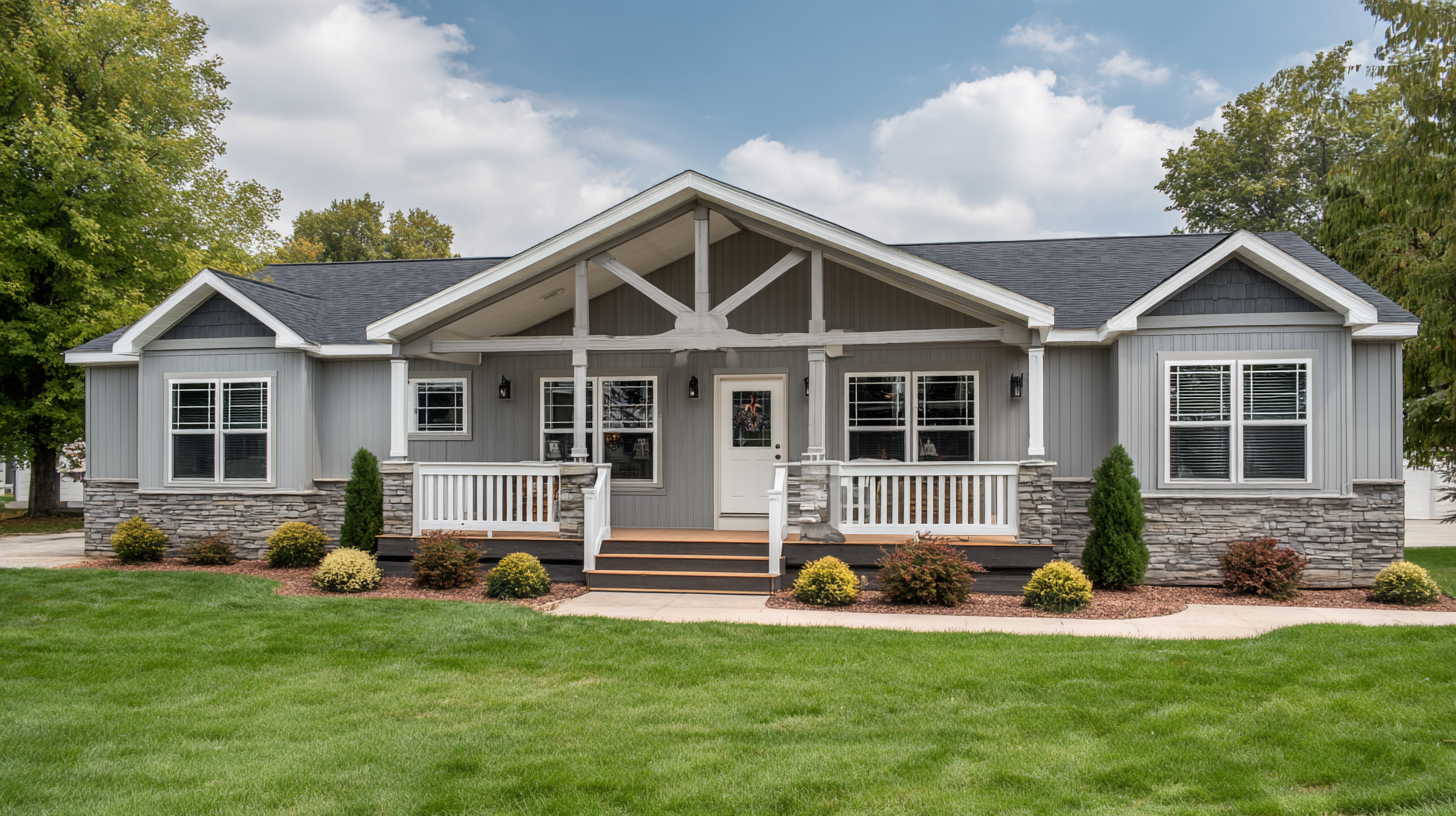
Budgeting Wisely: Hidden Costs and Financing Options for Modular Homes
When it comes to budgeting for modular built homes, understanding hidden costs and financing options is essential. According to a report by the National Association of Home Builders, nearly 20% of the total cost of home construction can be attributed to unanticipated expenses. These costs can range from site preparation and foundation work to utility connections and landscaping. Therefore, it is crucial for potential homeowners to conduct thorough research and obtain detailed quotes before making a commitment.
Financing modular homes can also present unique challenges. While traditional mortgages are available, some lenders may not offer loans for modular homes classified as personal property. A study by the Mortgage Bankers Association indicates that modular homes often require buyers to secure specific financing options, such as chattel loans, which cater to home buyers who plan to purchase the land and the home simultaneously. This can lead to higher interest rates compared to conventional mortgages, making it even more important for buyers to carefully evaluate their financial strategy and consult with professionals who specialize in modular home financing.
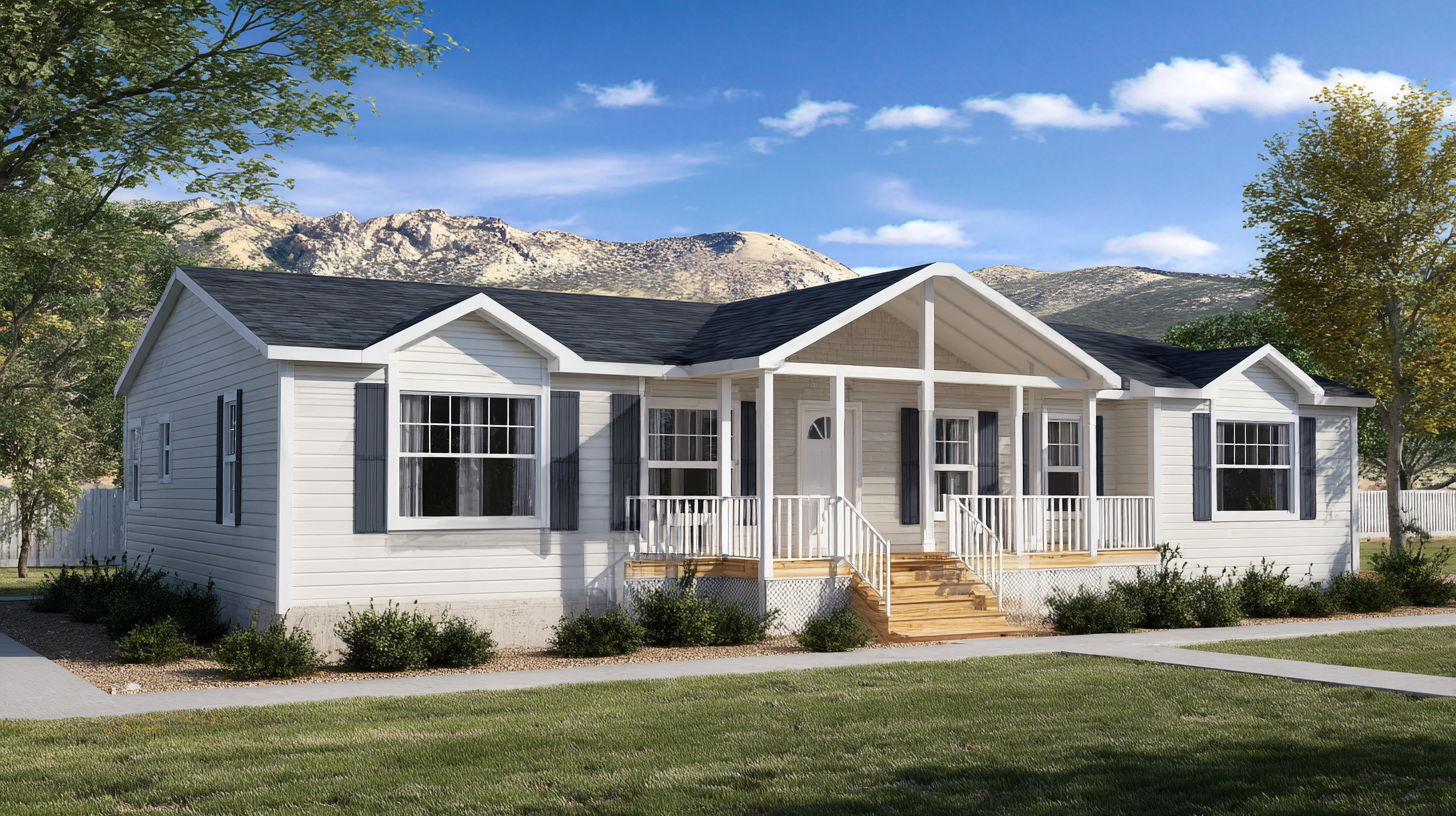
Location Matters: Choosing the Right Site for Your Modular Home
When choosing the right site for your modular home, location is paramount. The terrain should not only accommodate the modular structure but also align with your lifestyle preferences. Consider proximity to essential amenities such as schools, healthcare facilities, shopping centers, and recreational areas. Being close to these resources can greatly enhance your daily life, especially for families with children or those who prioritize convenience.
Additionally, assess the environmental factors of the location. Look into the climate, potential natural hazards, and the landscape's elevation. For instance, avoid areas prone to flooding or excessive wind exposure. Soil quality is also crucial; ensure the land is stable enough to support your home’s foundation. Finally, be aware of local zoning regulations and community codes, which can affect the type of modular home you choose and its installation. By carefully evaluating these factors, you can find the perfect spot for your modular home that meets both practical and personal needs.
Customization Options: Making Your Modular Home Truly Yours
When it comes to modular built homes, one of the most exciting aspects is the range of customization options available to homeowners. Unlike traditional homes, modular structures offer a flexible approach to design, allowing you to tailor your living space to fit your unique lifestyle and preferences. From selecting floor plans that optimize space and functionality to choosing exterior finishes and colors, the possibilities are nearly endless.
Additionally, many manufacturers provide a variety of interior customization options, such as kitchen layouts, cabinetry styles, and flooring materials. This enables you to create an environment that truly reflects your taste. Beyond aesthetic choices, functional enhancements like energy-efficient appliances, smart home technology, and sustainable building materials can also be integrated into your modular home, making it not just a personal haven but also an eco-friendly investment. By exploring these customization options, you can ensure that your modular home is not only beautiful but also meets the specific needs of you and your family.
Customization Options in Modular Homes
This chart illustrates the popularity of various customization options available for modular homes. The data reflects preferences in different categories, helping you understand what aspects are most important to future homeowners.

